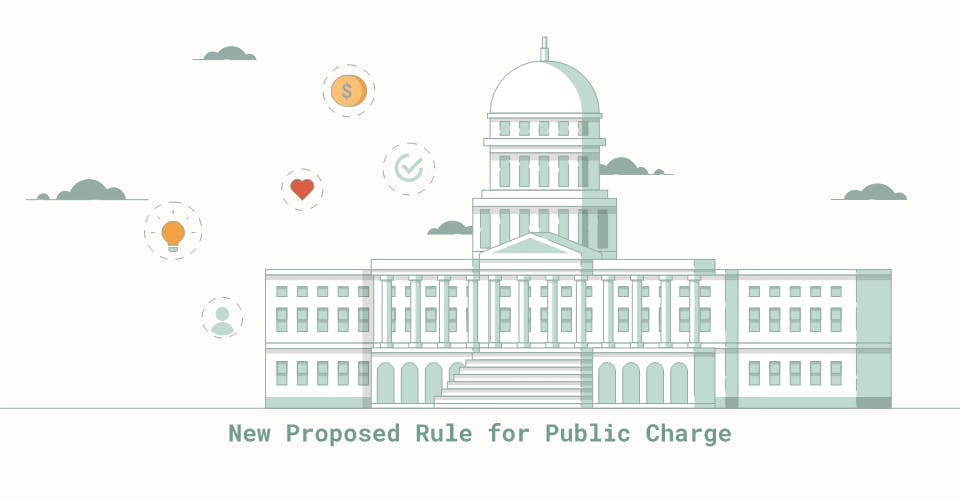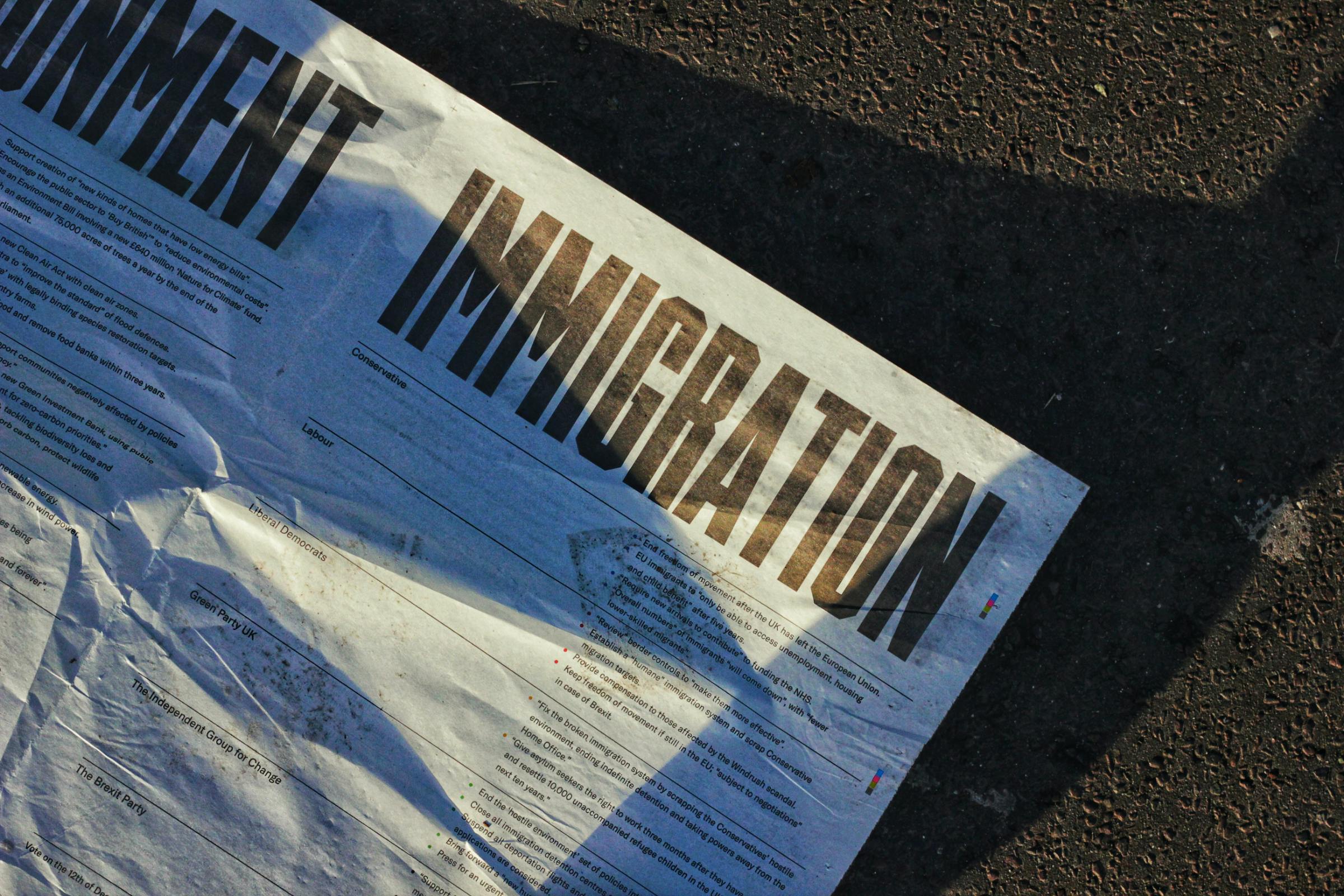The USCIS is looking to change their definition of public charge via a new DHS proposed rule. The Secretary of Homeland Security, Alejandro Mayorkas, says that the 2019 version of the rule that was implemented during the Trump Administration was, “…not consistent with our nations values.”[1] For those who recall, the public charge rule used to be contributing factor for denying immigrants green cards based on government benefits they were using at the time.
What is Public Charge?
The ILRC defines public charge as a grounds for inadmissibility. In deciding whether to grant a non-citizen a green card or a certain type of visa, an immigration officer must first decide whether that person is likely to become dependent on certain government benefits deeming that individual a “public charge”.[2]
Previously, the public charge rule included non-cash benefits such as food and nutrition assistance (SNAP), as well as children’s health insurance, Medicaid benefits, and transportation vouchers. USICS officers would determine that if an applicant had been using these benefits, they for a certain period of time during their stay in the United States, they could be found inadmissible due to public charge. However, now that the 2019 rule has been vacated, DHS will propose that these non-cash benefits be taken out of such adjudication procedures.
Instead, only the following will be considered when making a public charge inadmissibility determination:
- Supplemental Security Income (SSI)
- Cash Assistance for Income Maintenance via the TANF program
- State, tribal, territorial, and local cash assistance
- Long term institutionalization at government expense
Who is Exempt from Public Charge?
Not all immigrants or non-citizens who are filing applications with the USCIS will be considered for a public charge of inadmissibility ruling. For example, refugees, asylees, as well as those who are applying for Temporary Protected Status (TPS) based on their countries designation are exempt from the public charge of inadmissibility ruling. VAWA self-petitioners are also exempt from the public charge ruling.
For any non-citizen applicant who is filing for legal permanent residence (a green card) and has held one of the above mentioned statuses, DHS would not consider the noncitizen’s past receipt of such benefits as part of any future public charge determination.[3]














